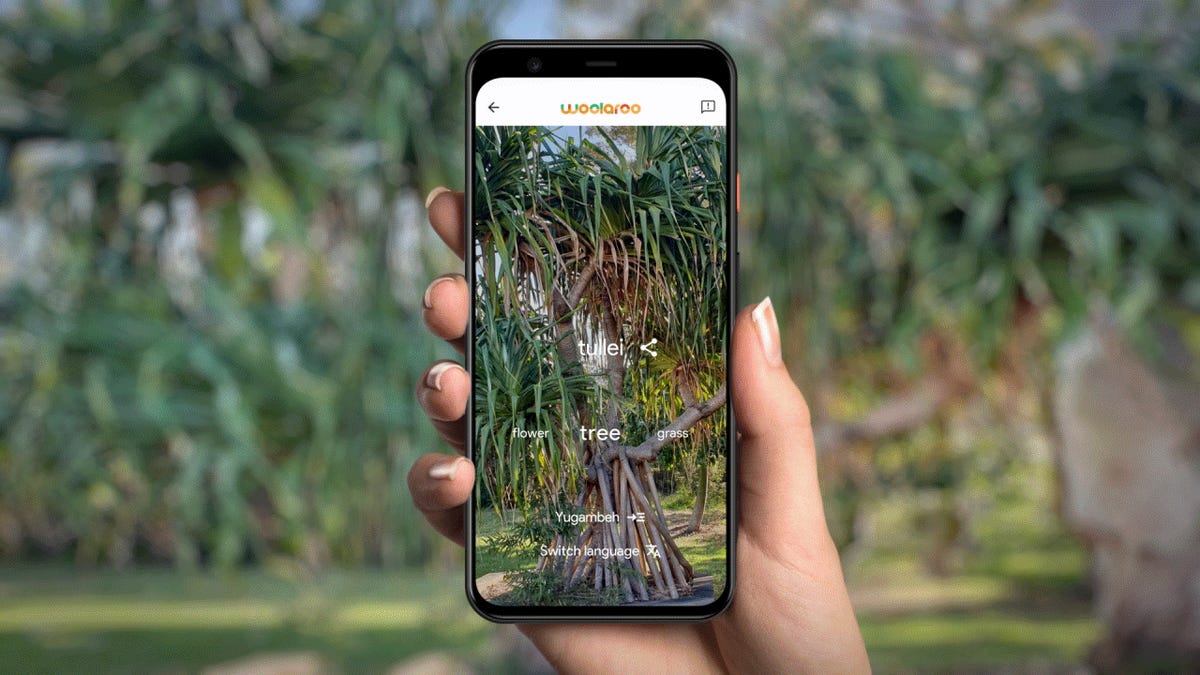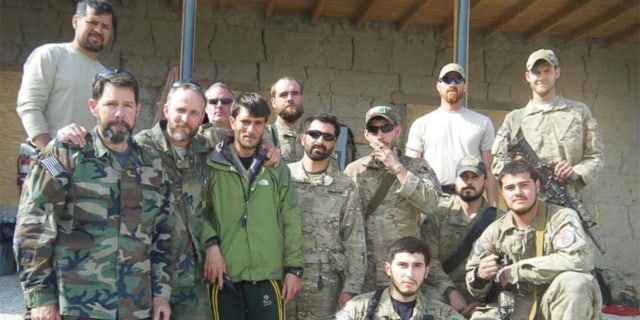Nearly 17,000 Afghan interpreters who risked their lives working for the U.S. military are trying to leave the war-torn country ahead of President Biden’s Sept. 11 deadline to withdraw remaining U.S. forces from Afghanistan.
But some may get left behind.
U.S. Rep. Michael McCaul, R-Texas, said those interpreters have a bulls-eye on their backs, and that if the U.S. does not help them, there could be scenes at the U.S. Embassy like those when the last U.S. helicopters flew out of Saigon.
"We have a duty and a moral responsibility to protect them from the Taliban and al-Qaeda. If we do not give them special immigrant visas, they will be left behind and be slaughtered by the enemy," McCaul said.
The congressman and Ryan Crocker, President Obama's ambassador to Afghanistan, addressed the issue in the New York Times.
"The Taliban view them as traitors," they wrote. "Since 2014, there have been at least 300 targeted killings of people who worked with us. Many more will die if the administration doesn’t take immediate steps to speed up the process to get them out safely."
Congress is getting impatient.
"They're being hunted down right now as we speak. They are reaching out to me, these interpreters, in a panic," said U.S. Rep. Mike Waltz, R-Fla., a former Green Beret, who served multiple tours in Afghanistan.
US REPORT: TALIBAN WILL LIKELY CURTAIL AFGHAN WOMEN'S RIGHTS
Ismail Khan served for seven years alongside U.S. Special Forces, translating for U.S. troops in Eastern Afghanistan. His story was immortalized in the book, "American Spartan," about his boss, the legendary Green Beret Maj. Jim Gant, whom Gen. David Petraeus once called "Lawrence of Afghanistan."
Khan now lives in Seattle but knows what is likely to happen to the 17,000 translators and their families who are waiting for special immigrant visas to the U.S. and has a warning for the Biden administration.
"Their lives are in extreme danger," Khan told Fox News. "They will go after every single translator."
The Taliban went after Khan’s family in Kunar province because he worked with the U.S. military.
"One of my nephews was kidnapped. He was about 10 years old," said Khan, who recalled how the Green Berets called him and the other translators their "GPS" on dangerous missions.
"Americans are nothing without the translator. We are their mouth, their ears, their eyes. If they leave them behind, they are going to die. Most of them are going to die," Khan said.
MICROWAVE WEAPONS ARE TARGETING US OFFICIALS AT HOME AND ABROAD
Chase Millsap served three tours in Iraq as a Marine captain and spent five years trying to bring his Iraqi counterpart, who faced death threats from ISIS, to the U.S. on a special immigrant visa. He’s still waiting.
"As a Marine, you live by the words ‘Semper Fidelis,’ which mean always faithful. And that's not just something we put it on an email or say to each other, we do really mean it," said Millsap, author of "We Are the Mighty." He is currently the head writer for the CBS sitcom, "The United States of Al," which is the story of a Marine who helps bring his Afghan translator to live with him in Ohio.
"When you work with the Americans, you put on our uniform. That's a mark for you and your life gets exponentially dangerous," Millsap said. He worries about the guilt U.S. troops will feel if the State Department abandons these translators.
"I bet you that there are veterans out there right now who are terrified and really nervous about whether or not their interpreters are going to make it out and what can be done to save them," Millsap told Fox.
The Pentagon says Defense Secretary Lloyd Austin wants to help, but so far there is no plan for an evacuation.
"[The secretary] is very supportive of the president's desire and the State Department's efforts to expand and to accelerate the special immigrant visa program so that we can we can do right by these individuals," Pentagon press secretary John Kirby told reporters.
CLICK HERE TO GET THE FOX NEWS APP
The State Department runs the special immigrant visa (SIV) program. The head of U.S. forces in the Middle East says he's ready to help but is awaiting orders.
"From a Central Command perspective and the perspective of the U.S. military, if directed to do something like that, we could certainly do it," Gen. Kenneth McKenzie said at a recent Pentagon briefing.
The National Security Council recently held a deputies meeting on the issue, but no decisions have been made as of yet on how to protect these translators and their families after the U.S. withdrawal is complete and U.S. troops leave Afghanistan.
Editor's note: No One Left Behind is a veterans group that helps Afghan translators settle in the U.S.
 YouTube titles auto-translated into Spanish
YouTube titles auto-translated into Spanish



 Translators work in pairs for up to six hours per day, and generally alternate their duties after every 20 minutes of content; one will actively translate while the other rests but still follows along. They can be together in the same room somewhere other than the meeting site—Joy says that setup is preferable—or, if necessary, in separate remote locations but in constant contact. Also, “session presenters who are being translated can be at the meeting site or in a remote location, and attendees who attend in person can use headsets with a language selector to receive audio from remote interpreters just like the virtual audience.”
Translators work in pairs for up to six hours per day, and generally alternate their duties after every 20 minutes of content; one will actively translate while the other rests but still follows along. They can be together in the same room somewhere other than the meeting site—Joy says that setup is preferable—or, if necessary, in separate remote locations but in constant contact. Also, “session presenters who are being translated can be at the meeting site or in a remote location, and attendees who attend in person can use headsets with a language selector to receive audio from remote interpreters just like the virtual audience.”





